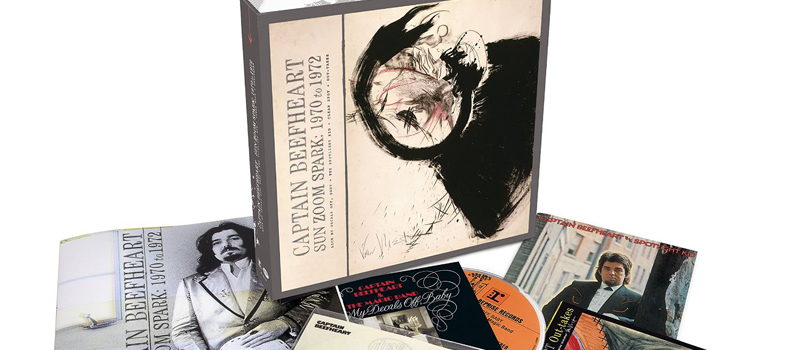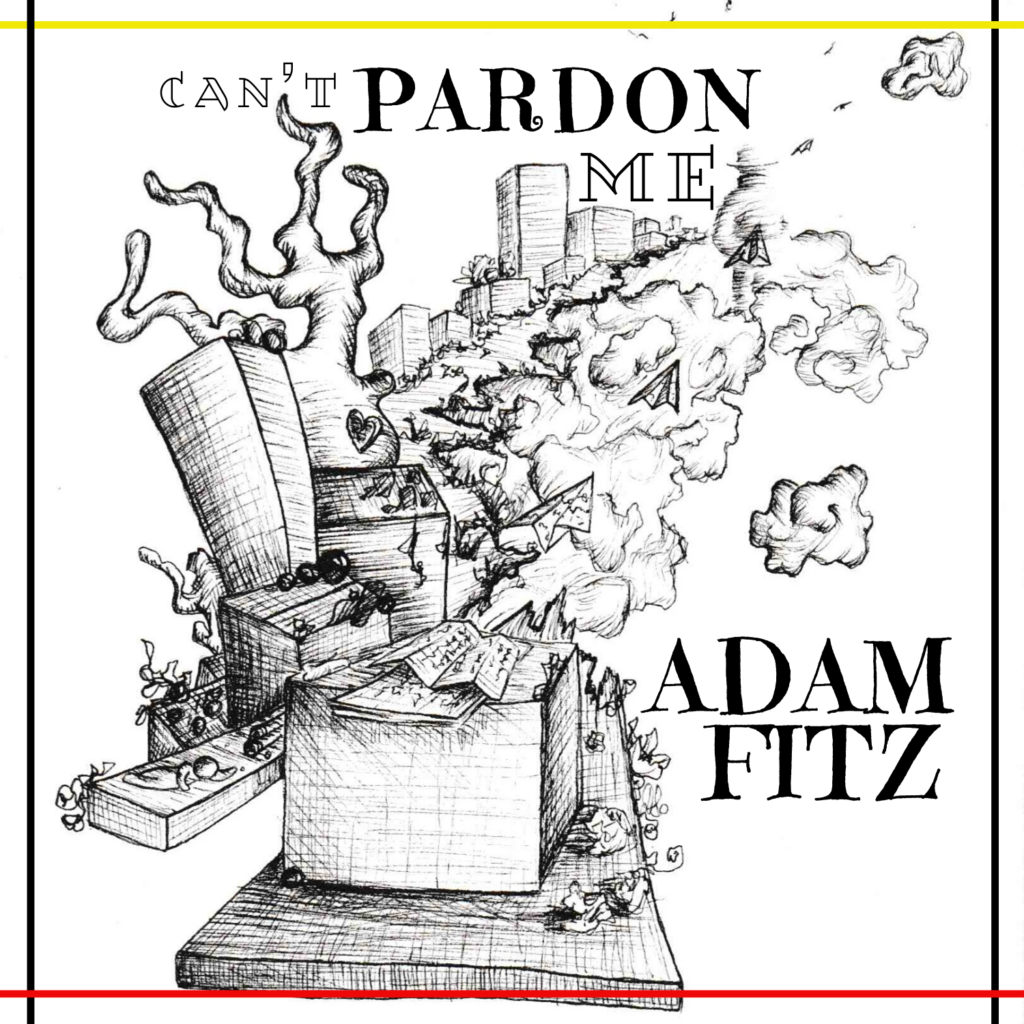The New England-bred post-rock outfit Caspian get about a quarter of the way into “Flowers of Light”, the second song off On Circles, before the electric guitars switch from painting texture to soaring in flight. The initial appearance isn’t all that startling, coming after the appearance of somewhat subdued electronics, an understated acoustic guitar, and the occasional interjection of a thumped tom. But it’s an initiation, a rite, as much as it’s a shift in tone. Driven forward by the trebly guitar lead, the band’s rhythm section begins to roil, and the rhythm guitars explore the subtleties one can find in repeating and inverting measures. (On circles, indeed.) The song builds, almost without conscious awareness, into waves of blistering crescendos. By the three-and-a-half-minute mark, it’s positively Vesuvian, bits of ash flying to and fro as Caspian’s guitarists weave notes in intricate patterns of calls and response.
In the wake of bands like Godspeed You! Black Emperor and Explosions in the Sky, lots of post-rock acts of varying degrees of technical proficiency have tried their hands at the crescendo – it’s fairly well-worn terrain. On their new LP, Caspian don’t do a whole hell of a lot that they and others haven’t done before. But the precision with which they present their theses lends a sense of scale to the proceedings. Ironically, though, it’s the more subtle details of the record – a tossed-aside guitar melody, the rarely employed vocal wail, a return to a modal theme buried somewhere within the cacophony of a song – that stick with you after the record stops spinning. In this respect, On Circles is a big album with its details writ small.
The band seem to be in on the ploy. Take “Division Blues”. It starts with nearly inaudible guitar and tides of reverb before building – alongside more great tom work – into another lumbering 4/4 march. But the band is smart to return repeatedly to more nuanced interlacing of undistorted guitars. For a group that flirts with the definition of post-metal, their record collections must include some Pelican LPs. What’s more interesting than the throttle of a roar is the grace of the whisper.
Sometimes, Caspian stick the landing better than others. “Onsra”, the fifth of the eight tracks, meanders a bit too much, and its quiet and loud sections seem more disconnected than complementary. Though the song works as part of the larger narrative, when it’s taken on its merits, it lacks the connective tissue of a song like “Flowers of Light”. “Wildblood”, which opens the record, suffers a similar fate. Although the occasional appearance of trumpet and woodwinds is a nice sonic touch, it feels more like it’s sound-checking the stage than ably setting it.
The record’s closing, however, is downright epic, with each of the last three songs angling to one-up each other. “Collapser”, which toys with palm-muting to great effect, is the most visceral of the record’s pieces and the one most clearly aligned with Caspian’s post-metal brethren. “Ishmael” follows it and is on the other end of the color spectrum, practically subdued. The acoustic guitar that accented “Flowers of Light” now drives the band forward. Glassy icicles of electric guitar are a wonderful adornment. Closer “Circles on Circles” features acoustics even more prominently, here deployed in mournful refrains behind vocals honey-dipped in harmony. The song builds, though not to as much of a climax. In the end, we remain alongside the acoustic guitar and a lone voice, intoning, “The shadow remains.” (The record ends, somewhat abruptly, on that note.)
It’s unclear how Caspian’s latest will age, especially alongside a gem like 2015’s Dust and Disquiet. There’s little on this LP that’s as instantly gratifying as Dust’s “Arcs of Command” or “Darkfield”. But maybe it shouldn’t have to be. With On Circles, Caspian continue to map out an ambitious campaign of crafting walls of sound on the borders of contemporary post-rock. Come December, and we won’t be talking about this as one of 2020’s finest records. But we might certainly still be spinning it. – Justin Vellucci, PopMatters, Jan. 30, 2020
-30-




